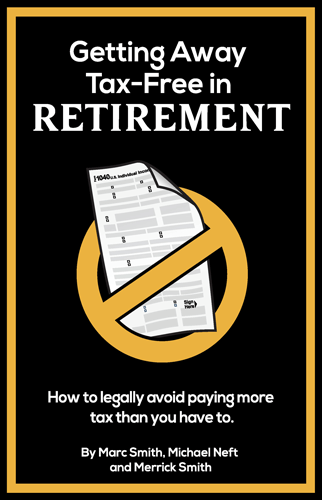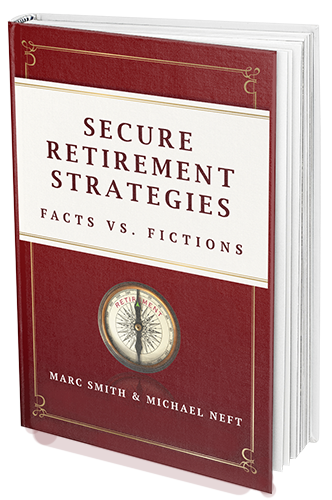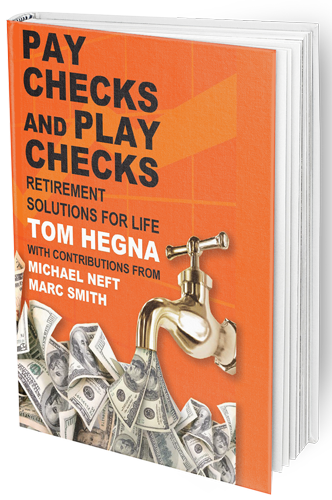Maximize Your Retirement Income
You’ve probably heard that life insurance is one of the best ways to help protect your family if you pass away before they’re ready. But what you might not know is that life insurance can also be a great way to maximize your retirement income.
If you have enough savings for your retirement and think that it will be sufficient for your needs, then maybe you don’t need to buy life insurance as well.
However, not everyone has enough money saved up for their golden years and needs to plan ahead with additional resources.
If this sounds like you, read on to learn more about how life insurance can help you take care of yourself in old age.
What is life insurance?
Life insurance is a contract between you and an insurance company. You pay a premium to the company, and they agree to pay out a specified amount (your “death benefit”) to your beneficiaries if something happens to you.
The death benefit can be used for a variety of purposes, including paying off any outstanding debts and providing money for your loved ones to help them maintain their standard of living. There are two main types of life insurance: term and permanent.
Term life insurance is meant to provide coverage just for the duration of the policy. Permanent life insurance provides coverage for the rest of your life, although you can also choose to just get term life insurance that lasts until retirement.
How Life Insurance Helps in Retirement
When you’re young, you’re probably in good health, so buying life insurance can be less challenging. You most likely have to pay a lower premium because of your age, health, and other contributing factors in underwriting.
But as time goes on, especially if you have a family history of certain diseases, your health will probably decline.
Specific life insurance policies offer retirement investment options that can play a strategic role in a diversified portfolio that is able to withstand market fluctuations.
You may think that you’ll be able to get by without any life insurance when you’re in retirement, but here’s one reason why you might need it: to replace lost income.
But how can a life insurance plan contribute to retirement income, and how do you maximize retirement income from said plan?
Maximize Retirement Income When Choosing A Life Insurance Retirement Plan
As we’ll see later on, life insurance can be a great benefit to you in retirement. But none of these options serve you if you don’t properly structure your life insurance retirement plan (LIRP) so that your returns are maximized.
Using Life Insurance Retirement Plans, or LIRPs, allow you the advantage of a multiplicity of options when choosing a provider. Some providers offer different ways of calculating your return on investment.
Below, Phil Lorenzon elaborates on the choices you have when looking at different providers, and what those options mean for your return on investment.
How Life Insurance Helps with Healthcare Costs
Life insurance can also be used to cover the cost of long-term care, which is not covered by Medicare. According to a study, the average cost of nursing home care in the U.S. is $82,000 per year.
When you’re young, you’re still building up your retirement savings, so you can’t have all that much in them.
But as you age and start to withdraw funds from your retirement accounts, life insurance is a good way to replace those funds so that you can keep saving for retirement.
How Life Insurance Helps Pay for Funeral and Other Final Expenses
As you get older, you’ll probably want to think about how to pay for your funeral and final expenses. One way to do this is to set aside money in a savings account in order to cover these costs, but that’s not an ideal solution.
You could also take out a loan and use the money from your life insurance policy to pay it back. The advantage of this approach is that the loan will be secured by your life insurance policy.
That means that you can use the death benefit from your life insurance policy to repay the loan.
So, in essence, the life insurance policy is paying for your final expenses.
Summing up
Life insurance retirement plans are definitely more than just a morbid concept.
They are a lucrative tool that can be an asset to you in your life, increasing your retirement savings, and helping to make sure that your loved ones will be taken care of when you are gone.
So do your research, shop around, and talk to us about getting a LIRP today.
If you have been thinking about buying life insurance, now is the time to act. With the rising cost of living and the decreasing life expectancy, you are never too young to start planning for your future.
Life insurance retirement plans (LIRPs) are a great way to ensure that your legacy will not only provide after you pass, but also benefit you while you’re alive.
Disclaimer: This content is provided for informational purposes. It is not intended to be used as the sole basis for financial decisions, nor should it be construed as advice designed to meet the particular needs of an individual’s situation. None of the information contained herein shall constitute an offer to sell or solicit any offer to buy a security. The information and opinions contained herein provided by third parties have been obtained from sources believed to be reliable, but accuracy and completeness cannot be guaranteed by Duke & Duke Wealth Management. Investing involves risk, including the potential loss of principal.







